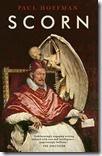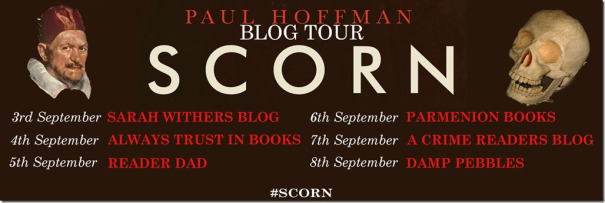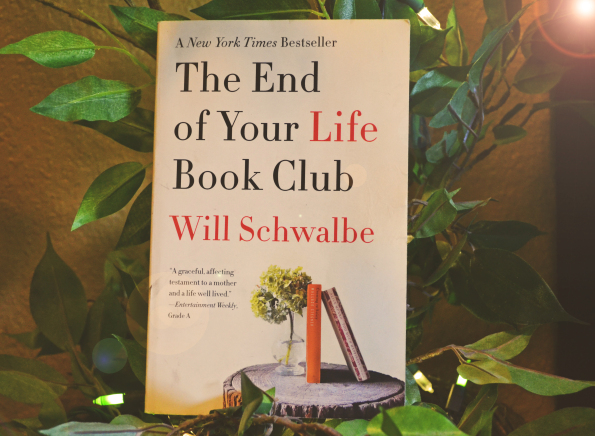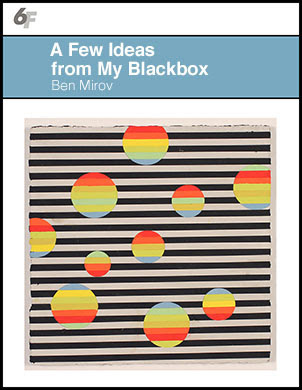 |
SCORN
Paul Hoffman (www.redopera.co.uk) Red Opera () £18.99 |
Aaron Gall is a scientist whose childhood is overshadowed by a series of Catholic schools where he suffered physical and mental abuse, as well as countless perceived slights, at the hands of a succession of priests and nuns who were seemingly untouchable and infallible. When an accident occurs at the Large Hadron Collider, where Gall now works, a small black hole opens in the centre of his brain and gives him the ability to change his shape, to become a werewolf. When a series of Catholic priests are found brutally murdered and partially eaten, Detectives George Scrope and David Lister find themselves on the trail of a crossword-loving cannibal who seems to have a grudge against the Catholic Church, and who seems to want to bring Scrope along for the ride.
It’s a somewhat ridiculous premise, but in the hands of Paul Hoffman, it works perfectly, the reader drawn in unquestioningly, as Aaron Gall’s childhood is laid out for us in glorious technicolour, and as his quest gradually morphs from punishments for something very personal to Aaron to something a lot more general, a vendetta against the Church itself and all that it stands for. Scrope and Lister are wonderful protagonists, posh ex-army boys now working for the London Metropolitan Police and considered outsiders by all and sundry. Their relationship is something special, a series of nerdy conversations that build a picture of a pair of friends who understand each other implicitly, and stands in stark contrast to Aaron Gall’s seeming inability to form relationships, or to nurture those that he has managed to form.
As the book progresses, Hoffman widens his lens to look at not just the physical abuse suffered by Aaron at the hands of Mother Mary Frances, but to examine the question of abuse in general within the Catholic Church, most notably the various sexual abuse scandals that have come to light in recent years. Gall in his werewolf form plays not just executioner, but a kind of one-man Inquisition, trying to determine if the Church itself is at fault, or if there is a problem with the Church’s doctrine, and its members’ understanding thereof. This is an examination of what it means to be Catholic, of how the Church has managed to survive for over two thousand years in a world that is, to all intents and purposes, mainly hostile to its existence, wrapped up in the guise of a traditional murder mystery.
One notable scene has Aaron Gall questioning ex-British Prime Minister Tony Blair, who famously converted to Catholicism during his premiership. It’s an excellent examination of the difference between a life-long (essentially “brainwashed”) member of the Church and someone who has made a conscious decision to convert to the faith. While it doesn’t answer any questions (presumably the real Tony Blair would have a much better answer than his fictional counterpart), it does raise some interesting questions, especially in the mind of someone who was raised Catholic himself.
There are points where Scorn feels overwritten, and times when the reader will question the reasoning behind the move from Aaron Gall’s specific complaint to the much wider – not to mention more controversial – points of endemic sexual abuse (both Father Marcial Maciel and Jimmy Saville get an outing), the ordination of female priests and the infallibility of the Pope. The (quite literal) deus ex machina which brings Aaron Gall’s quest to an end (and which represents the climax of the novel) leaves the reader confused and, let’s be honest, more than a little cheated, and seems to be a direct result of Aaron’s desire not only to right the wrongs perpetrated against him, but also to right every wrong ever perpetrated in the name of the Catholic Church. Which is a shame, because up until that point, Scorn is a tour de force, a well-written and often scathing look at modern Catholicism and an irreverent, if thought-provoking, police procedural. I’m tempted to recommend reading the first three-quarters, but when you’ve gone so far, it’s difficult not to finish. Try not to judge the book by the final quarter, and enjoy the fun you had in the preceding pages.
Scorn is funny, irreverent and thought-provoking about a subject that is so often taboo. While the Catholic Church doesn’t come out of it well (it was never going to, was it?), Hoffman’s treatment can only be described as harsh but fair. An excellent novel that wishes only for a much better ending, Scorn is going to be a divisive read for more than the obvious reasons. It’s worth a read – and is a much quicker read than you might expect, given its bulk – but forewarned is, as they say, forearmed, and your mileage will, of course, vary.

- Share





